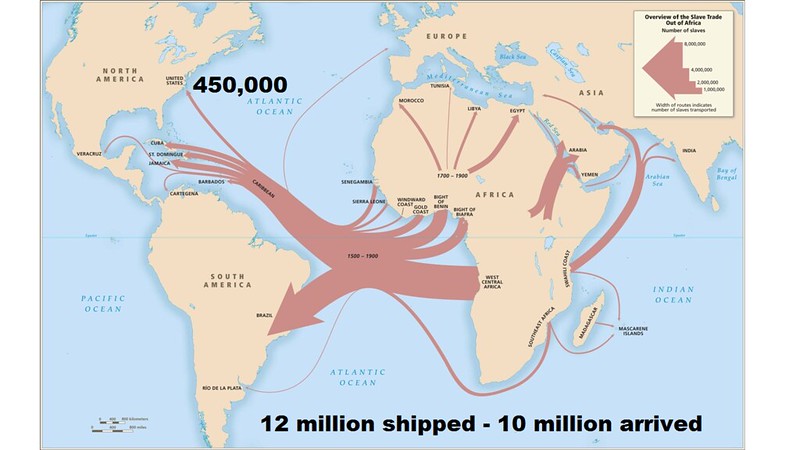The roots of Kwanzaa are based in Pan-Africanism, a global movement that encourages and strengthens bonds of solidarity between all indigenous and diaspora groups of African descent. The African Diaspora is the term used to describe the mass dispersion of Africans during the Transatlantic Slave Trades from the 16th to the 19th century. The Diaspora resulted in millions of people from Western and Central Africa being relocated to different regions throughout North America, Central America, South America, and the Caribbean. The passage of the Transatlantic slave trade displaced free and enslaved members of several African tribes across 36 different countries and islands. Together, these diaspora-receiving lands make up most of the western hemisphere and were previously called “The New World” by 16th century European travelers.

While the purpose of Kwanzaa is to reconnect displaced African Americans to their African roots and culture, the holiday was birthed relatively recently in reaction to racial tensions in the United States. Dr. Maulana Karenga created Kwanzaa in 1966 during the aftermath of the Watts Riots as a specifically African-American holiday. Karenga said his goal was to “give Blacks an alternative to the existing holiday and give Blacks an opportunity to celebrate themselves and their history, rather than simply imitate the practice of the dominant society.”
For Karenga, a major figure in the Black Power movement of the 1960s and 1970s, the creations of such holidays underscored the essential premise and importance of a cultural revolution. It was intended that practice of the Kwanzaa principles would result in a cultural revolution, giving identity, purpose, and direction to the Black community. Kwanzaa has grown much larger than it’s founder but the principles and core values of the holiday still insight pride and unity among it’s observers.

The Kwanzaa name is derived from Swahili, a Bantu language. Although most displaced Africans of the Diaspora were from western and central Africa, Swahili is mostly used in eastern Africa. It was specifically chosen by Dr. Karenga because its usage spreads across multiple countries on the continent. The biggest benefit in utilizing the Swahili language is that it doesn’t have any ties to a specific ethnic group or tribe, making it the most universal language among the African people.
Kwanza in Swahili means “first fruits” or “first fruits of the harvest.” It is a tradition in Africa to celebrate the first harvest before the beginning of the dry season which ties into the Kwanzaa symbol mazao, or crops. The traditional celebratory Kwanzaa display contains a representation of mazao with a bowl or basket filled with fresh produce. A successful harvest signals a prosperous year to come. The English translation of the word kwanza is “first.” For continuity of the symbolic “sevens” of the holiday, Karenga added the additional “a” at the end of the holiday name for a total of 7 letters in Kwanzaa.

For additional resources on Kwanzaa and it’s history visit the official Kwanzza website and the Kwanzaa Wikipedia page

